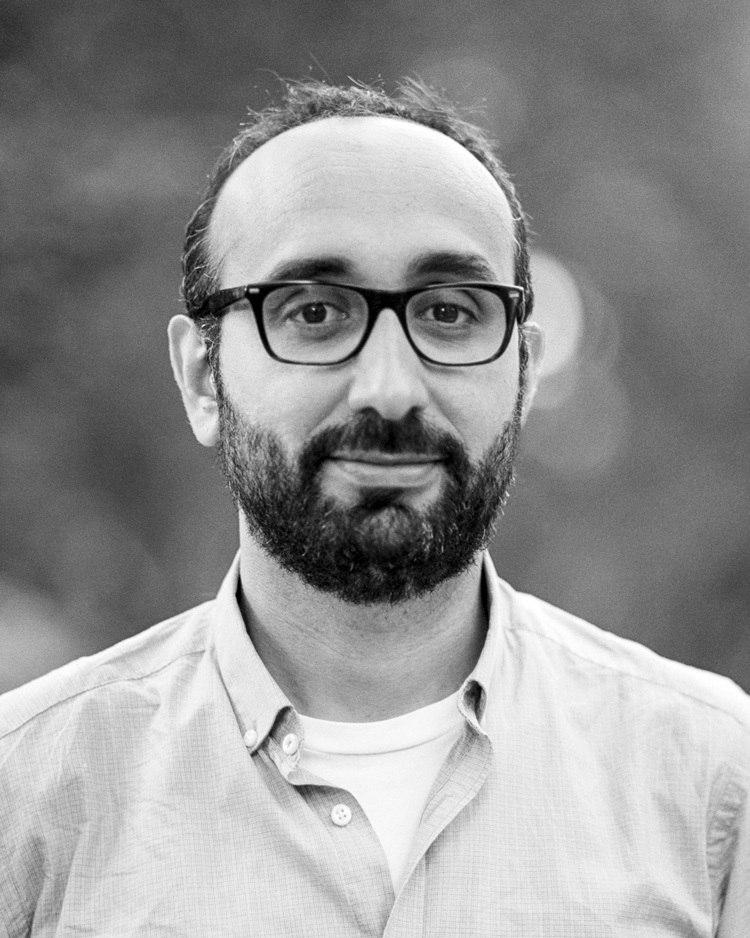In conversation with Yanina Welp, we discuss some of the topics present in her last book: The will of the people. Populism and citizens participation in Latin America. Latin America is a region where populism is prolific and often appears with characteristics that are different compared to European populism.
POP already devoted several interviews and articles about populism in Latin America and in comparison with Europe, with a focus on the Andes region and Brazil among other things, and if you are interested in Latin American populism you can find much more content in The Populism Interviews, including an amazing interview to Federico Finchelstein.
In today’s interview we discuss the inclusion of the people’s will in populist political projects across Latin America, instances of controlled mobilisation, the importance of trust in institutions and among people, dissatisfaction with democracy, democratic political culture, the role of political parties, and much more.
Enjoy the read.
Continue reading





 Nadia Urbinati teaches Political Theory at the Department of Political Science, Columbia University. She published extensively on democratic theory, representative government and the interpretations of democracy. Her most recent book is
Nadia Urbinati teaches Political Theory at the Department of Political Science, Columbia University. She published extensively on democratic theory, representative government and the interpretations of democracy. Her most recent book is 





 In this interview,
In this interview,